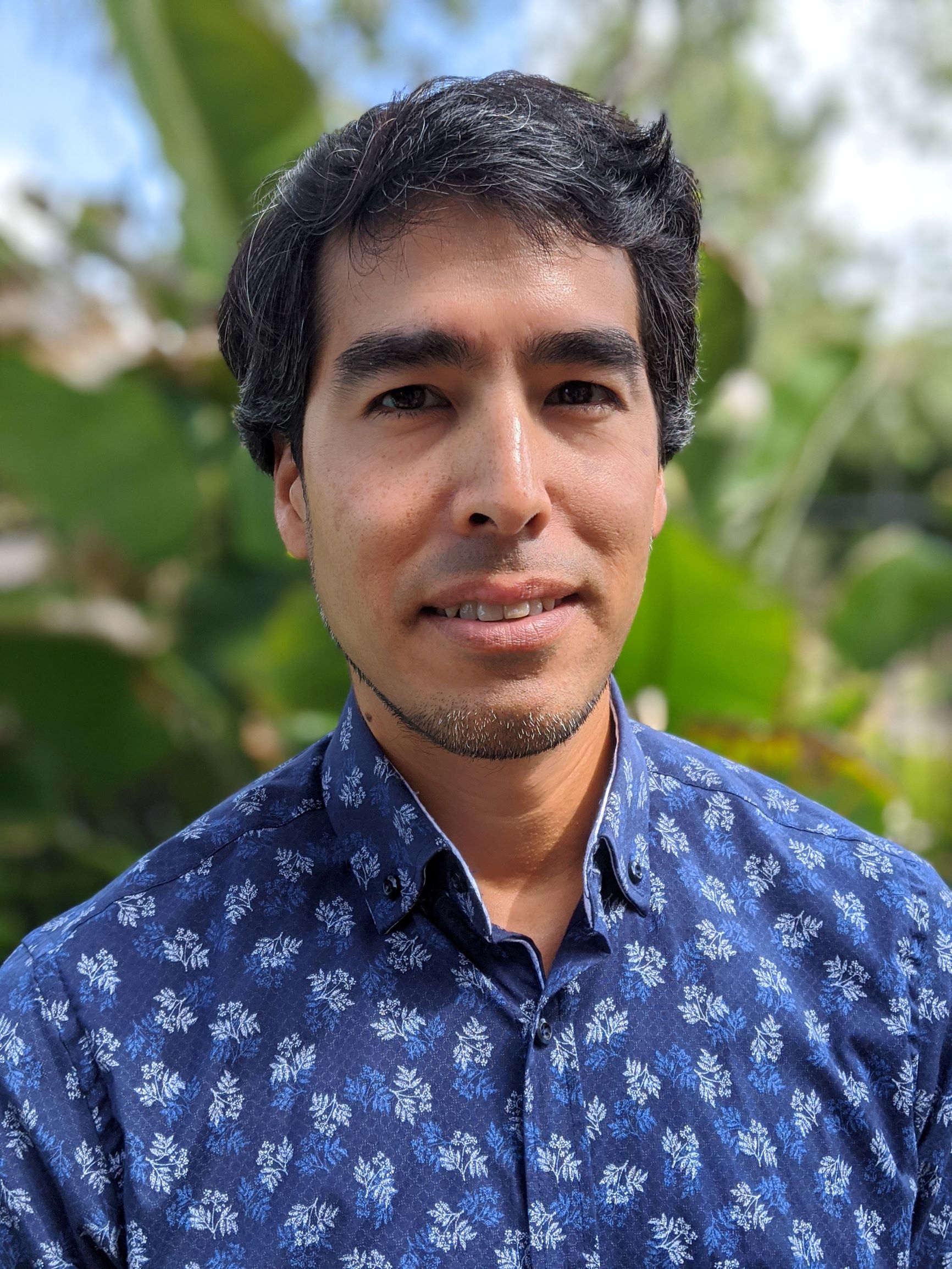Capital and labor income Pareto exponents
Published:
My paper “Capital and Labor Income Pareto Exponents across Time and Space” was accepted for publication in Review of Income and Wealth. I have long felt that in discussions of inequality, people often fail to distinguish between income and wealth. In this paper, we (my coauthor Tjeerd de Vries and I) estimate the Pareto exponents for capital and labor income separately for as many countries/years as possible. Using 475 country-year observations, we find that the median capital and labor income Pareto exponents are 1.46 and 3.35, respectively, so capital income (hence wealth) is more unequal than labor income. This conclusion is not surprising at all, but the point of the paper is to provide a systematic analysis, which was lacking in the earlier literature.
Perhaps because of the paper’s boring conclusion, it was difficult to find a home for it. After doing the main analysis over the summer of 2019, we submitted the paper to Review of Economics and Statistics in May 2020 because it welcomed submissions of short papers. (Many economics papers are ridiculously long. Maybe this is because most economists work on a very small number of projects for a very long time, they conduct all sorts of robustness checks, referees evaluate papers by length rather than substance, or the lack of substance needs to be hidden by filler sentences.) However, the referees were split, and we were rejected. Then we submitted the paper to Economic Journal and Review of Economic Dynamics, which promptly desk-rejected it as “unsurprising”. This saved us time, but I wasted a few hundred dollars on submission fees. At this point I thought about sending the paper to Series of Unsurprising Results in Economics, which seems to be a cool journal that fights against publication bias in economics, but considering the potential negative impact on Tjeerd (he is a student and will need a job) for publishing in an unconventional journal, we submitted the paper to RIW in September 2020. It took 8 months to receive the first decision (minor revision). We revised the paper in a week and then waited another 4 months for it to be accepted as is.
